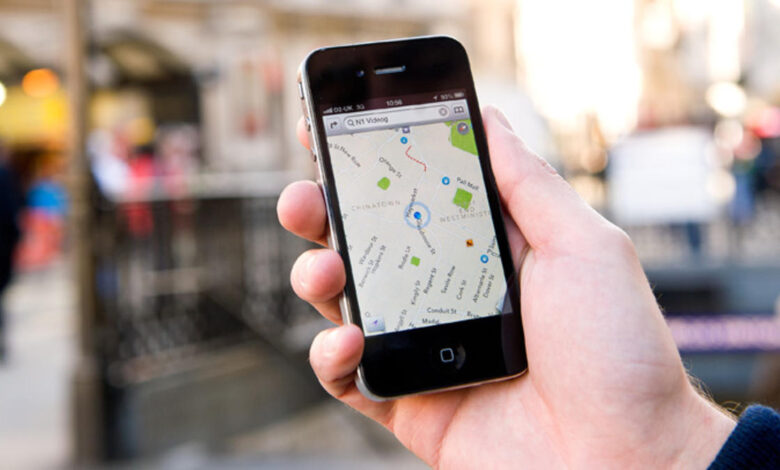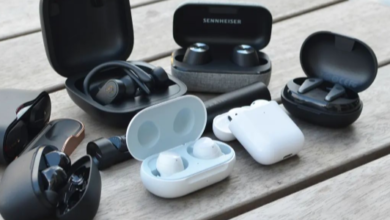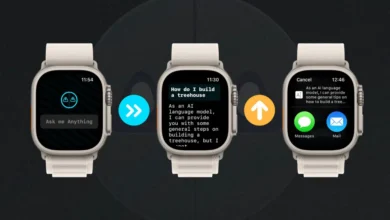Stay Ahead of the Curve: Leveraging Mobile Tracking Technology

Mobile tracking technology has revolutionized the way we navigate the world and conduct business. From providing real-time location data to enabling personalized marketing campaigns, the applications of tracking are vast and varied. In this article, we’ll explore the evolution of mobile tracking, its importance, types, applications, challenges, and how businesses can leverage it to stay ahead of the curve.
Introduction to Mobile Tracking Technology
track a cell phone technology refers to the use of GPS, Bluetooth, WiFi, and other technologies to track the location and movements of mobile devices such as smartphones and tablets. It allows businesses and individuals to gather valuable data about users’ whereabouts and behavior.
Evolution of Mobile Tracking
Mobile tracking has come a long way since its inception. Initially limited to GPS technology, advancements in hardware and software have led to more sophisticated tracking methods, including Bluetooth and WiFi tracking.
Importance of Tracking
Mobile plays a crucial role in various industries, including retail, transportation, healthcare, and marketing. It provides businesses with valuable insights into customer behavior, helps improve operational efficiency, and enables targeted advertising campaigns.
Types of Mobile Tracking Technologies
GPS Tracking
Global Positioning System (GPS) tracking utilizes satellites to pinpoint the location of a device. It is commonly used for navigation and location-based services.
Bluetooth Tracking
Bluetooth tracking involves tracking devices using Bluetooth signals. It is often used for indoor navigation and proximity marketing.
WiFi Tracking
WiFi tracking relies on WiFi signals to track the location of a device. It is commonly used in retail environments to monitor foot traffic and analyze customer behavior.
Applications of Tracking
Mobile tracking technology has diverse applications across various industries:
Navigation
Mobile tracking technology powers GPS navigation apps, helping users navigate unfamiliar routes with ease.
Location-based Services
Businesses use tracking to offer location-based services such as personalized recommendations and promotions based on the user’s current location.
Asset Tracking
In industries like transportation and logistics, tracking is used to track the movement of vehicles and goods in real-time, ensuring efficient supply chain management.
Marketing and Advertising
Marketers leverage tracking data to deliver targeted advertising campaigns based on users’ location and behavior.
Challenges in Mobile Tracking
Despite its benefits, mobile also poses several challenges:
Privacy Concerns
Many users are concerned about their privacy and the collection of their location data without their consent.
Also Read: How to Track Mobile Phone for Free
Accuracy Issues
Mobile tracking technologies may not always provide accurate location data, especially in areas with poor GPS reception or limited WiFi coverage.
Battery Consumption
Continuous tracking can drain the device’s battery quickly, impacting user experience.
How to Leverage Mobile Technology
Businesses can leverage mobile tracking technology in various ways:
Business Insights and Analytics
Mobile tracking data provides valuable insights into customer behavior, allowing businesses to make informed decisions and optimize their operations.
Enhancing Customer Experience
By utilizing location-based services, businesses can offer personalized experiences to customers, improving engagement and satisfaction.
Improving Operational Efficiency
Mobile tracking helps businesses streamline their operations, from logistics and inventory management to workforce optimization.
Best Practices for Implementing Tracking
To mitigate the risks associated with mobile tracking, businesses should adhere to best practices such as:
Transparency and Consent
Businesses should be transparent about their data collection practices and obtain explicit consent from users before tracking their location.
Data Security Measures
Implement robust security measures to protect users’ location data from unauthorized access or misuse.
Opt-in and Opt-out Options
Provide users with the option to opt-in or opt-out of tracking, respecting their preferences and privacy rights.
Case Studies
Let’s explore how different industries leverage mobile tracking technology:
Retail Industry
Retailers use mobile to analyze foot traffic, optimize store layouts, and deliver personalized shopping experiences.
Transportation and Logistics
Transportation companies use tracking to track vehicles and shipments, optimize routes, and improve delivery efficiency.
Healthcare Sector
Healthcare providers utilize mobile tracking to monitor patients’ movements within healthcare facilities, ensuring timely care and security.
Future Trends in Mobile
The future of mobile tracking technology holds exciting possibilities, including:
AI Integration
Integration of artificial intelligence will enhance the accuracy and predictive capabilities of mobile tracking systems.
Enhanced Privacy Measures
Future developments will focus on enhancing privacy measures to address concerns about data security and user privacy.
Wearable Technology Integration
The integration of tracking technology into wearable devices will enable new applications and enhance user experiences.
Conclusion
Mobile technology has become an indispensable tool for businesses seeking to understand customer behavior, optimize operations, and deliver personalized experiences. By leveraging the latest advancements in tracking technology and adhering to best practices, businesses can stay ahead of the curve and drive success in an increasingly mobile-centric world.
FAQs
- Is mobile tracking legal?
- Mobile tracking is legal as long as businesses comply with relevant privacy laws and obtain consent from users.
- How accurate is tracking technology?
- The accuracy of mobile tracking technology varies depending on factors such as GPS signal strength and device capabilities.
- Can mobile tracking be turned off?
- Yes, users have the option to disable tracking or limit the collection of their location data through device settings.


